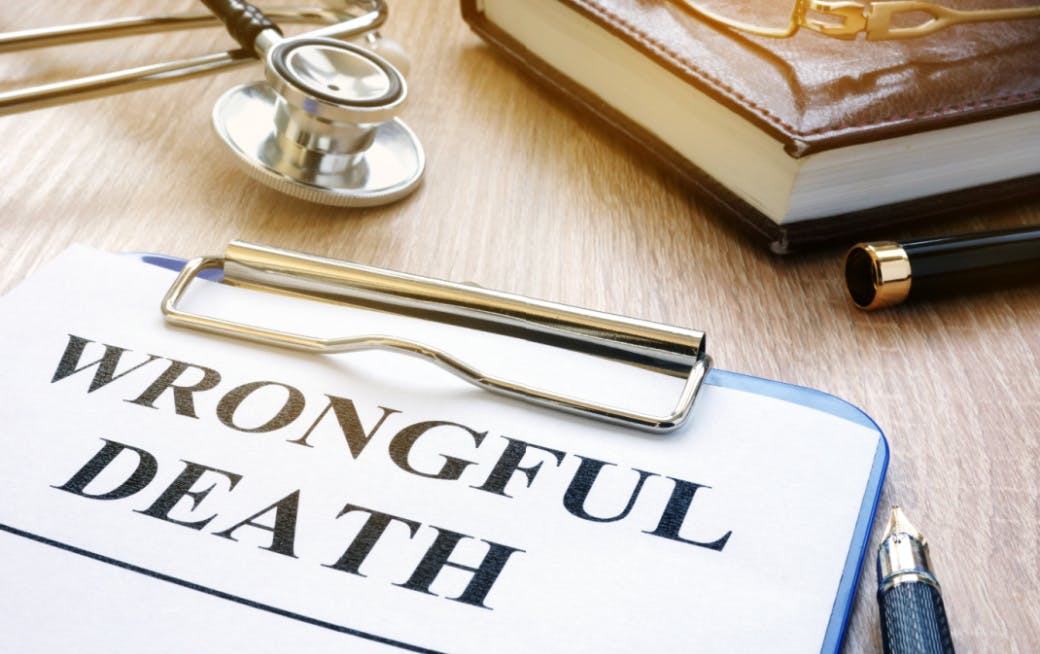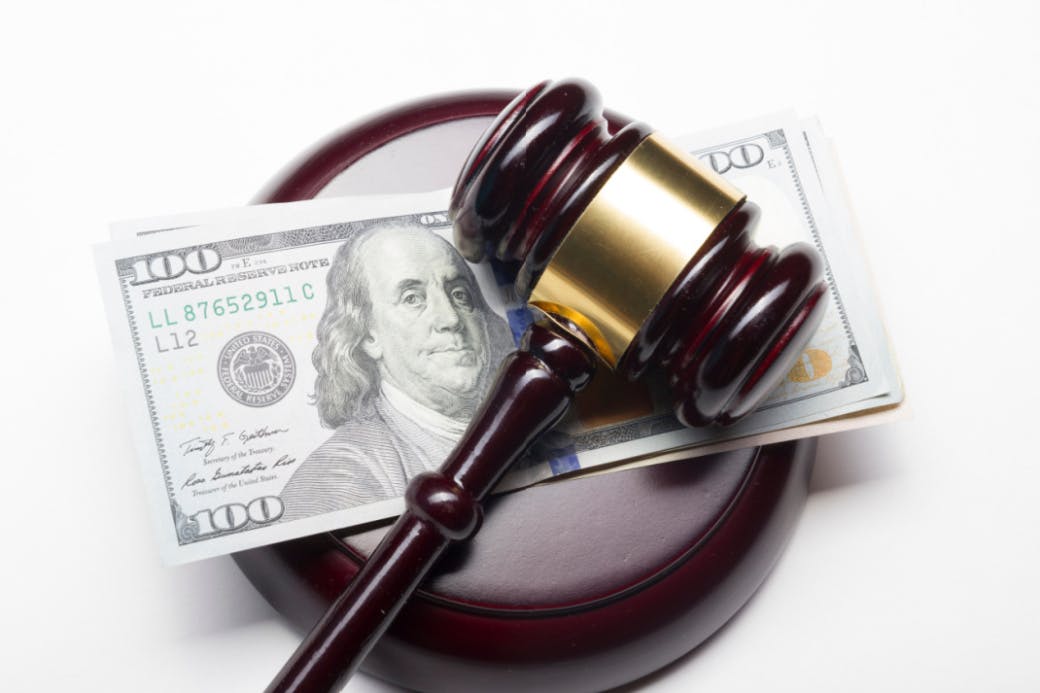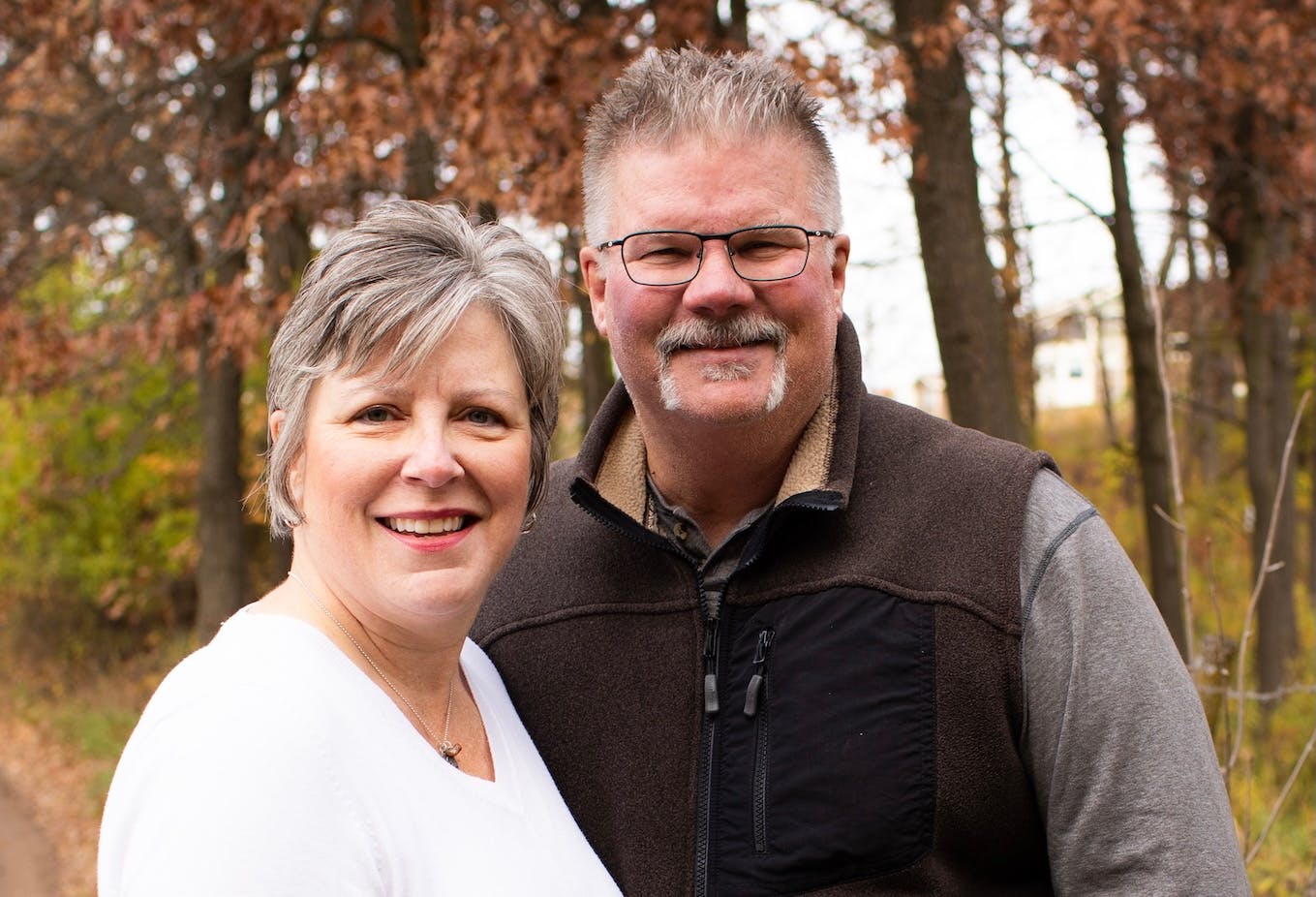7 Common Questions about Minnesota Wrongful Death Cases

Losing a loved one due to someone else’s negligence or misconduct can bring pain beyond measure. In the aftermath of such a devastating loss, it’s important to know your rights.
Here are the answers to the most common questions about Minnesota wrongful death claims.
1. What Is a Wrongful Death?
Wrongful death refers to any death caused by someone’s negligence or misconduct, such as:
- Auto accidents
- Unsafe premises
- Defective or dangerous products
- Workplace accidents
- Dog attacks
- Abuse
- Neglect
- Assault and battery
- Medical malpractice
- Murder
In the event of a wrongful death, surviving family members may be able to file a wrongful death lawsuit against the responsible party. This will allow them to seek compensation for their loss—as well as some level of justice and closure, in many cases.
2. Who Can File a Wrongful Death Lawsuit?

Under Minnesota law, certain relatives of the deceased are eligible to file a wrongful death lawsuit, including their:
- Spouse
- Children
- Siblings
- Parents
- Grandparents
Often, these family members can file a wrongful death lawsuit even if the at-fault party is already facing criminal charges, such as manslaughter or murder.
Note: Minnesota requires that all claimants must join together in a single lawsuit. Any eligible family members who don’t wish to take part must relinquish their right to claim any compensation the claimants win or pursue any future legal action for the wrongful death. However, each of the family members united in a single lawsuit can hire separate attorneys to represent them if they choose.
3. What Damages Can You Include in a Wrongful Death Claim?

In personal injury and wrongful death cases, “damages” refer to any compensation that the person or people filing the lawsuit are seeking. Under Minnesota law, surviving relatives can be compensated for:
- Funeral and burial expenses
- Medical bills the deceased accrued before their death
- Emotional distress
- Loss of income, benefits, and inheritance that the deceased would have provided
- Loss of companionship, comfort, and guidance
- Punitive damages
4. How Are Wrongful Death Damages Divided among the Survivors?
In cases where multiple family members may be eligible to receive compensation, the court will generally defer to their judgment on how much each should receive. And if the potential beneficiaries can’t reach an agreement, the court will determine how the compensation is divided.
5. How Are Wrongful Death Lawsuits Resolved?

As with personal injury claims, wrongful death lawsuits can be resolved through a settlement or verdict. Ideally, both sides will be able to agree to a fair settlement. This means that the party who was responsible for the wrongful death will agree to pay a sum of money to the survivors to avoid further legal action.
(Though it will typically be the at-fault party’s insurance company that actually provides the compensation.)
If settling proves impossible, however, then the case will go to trial, and the attorneys representing each side will argue in favor of their clients. Finally, a judge or jury will rule in favor of one of the two sides and decide how much compensation—if any—is fair.
6. What Is Minnesota’s Statute of Limitations on Wrongful Death Claims?
Minnesota has a statute of limitations for filing personal injury and wrongful death claims. This means that you have a certain amount of time after the injury or death to file your lawsuit.
In most cases of wrongful deaths caused by negligence, the time limit is no later than three years after the death occurred and no later than six years after the original injury or illness that caused the death.
On the other hand, if the wrongful death was caused by an intentional act such as assault or murder, then there is no time limit at all.
7. Should You Hire an Attorney for Your Wrongful Death Claim?

Hiring an attorney is not legally required when filing a personal injury lawsuit. But Minnesota wrongful death law is nothing if not complicated, and you will likely be going up against an insurance company with a substantial legal team. Because of this, it’s never wise to try to pursue compensation alone.
When you work with an experienced personal injury and wrongful death attorney, you will greatly increase your chances of getting fair compensation. Plus, by letting a professional handle the stress and headaches of your wrongful death case, you can give yourself—and your family—the peace you need to rest, mourn, and heal.
Get Reliable Help from a Team of Experts
Have you lost a loved one due to someone else’s negligence or misconduct? If so, we can help you fight for your rights and get the compensation you deserve.
At SiebenCarey, we’ve spent nearly 70 years helping injury victims and bereaved family members win the financial support they need in the aftermath of a tragedy. Just reach out to us, and we’ll explain your rights to you and get to work on your behalf.










